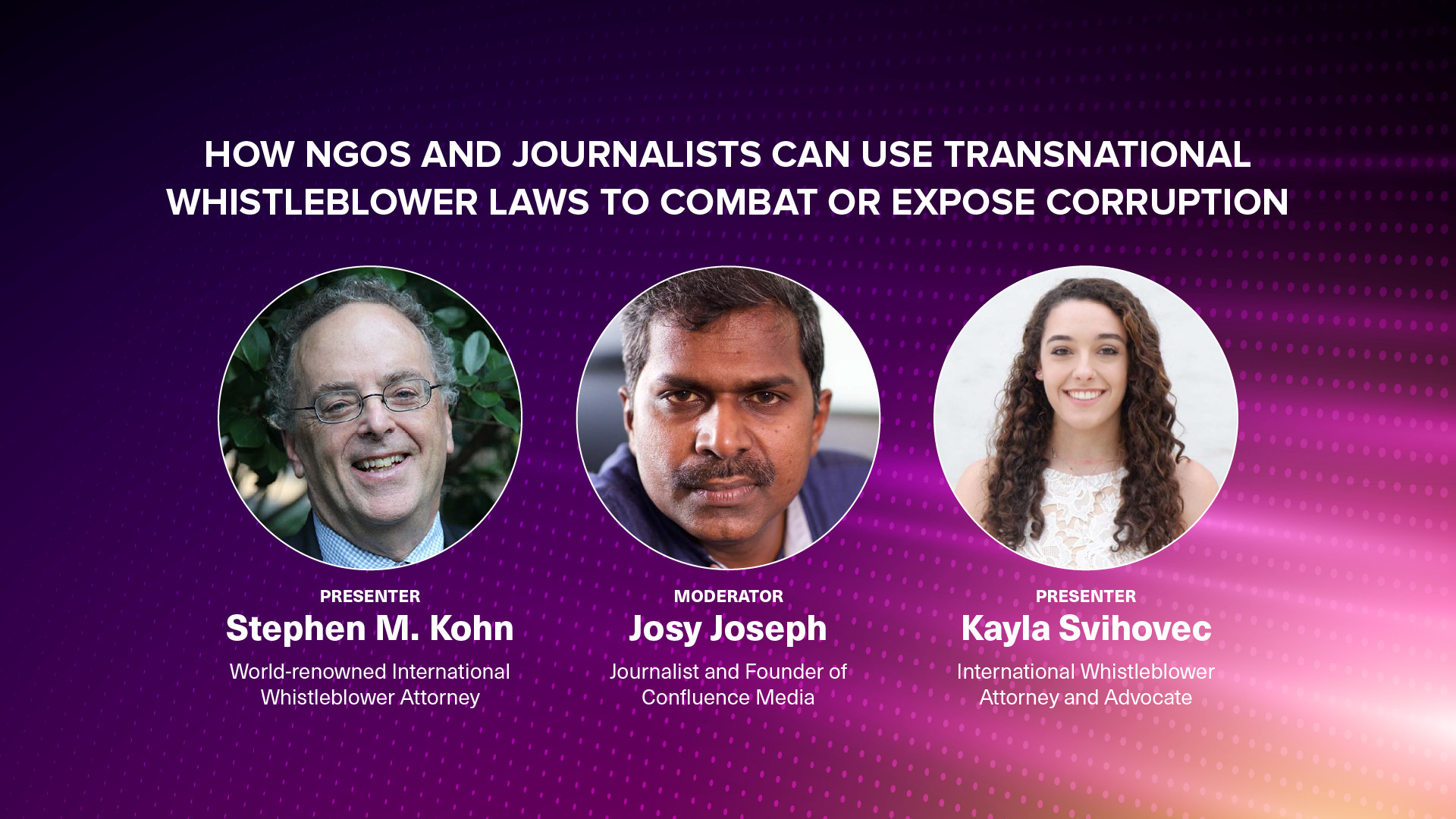Sweden’s Anti-Corruption Shortcomings Exposed by Scathing OECD Report
Radical deficiencies were uncovered in Sweden’s 2024 Phase 4 report from the Organisation for Economic Co-operation and Development (OECD), a comprehensive review of the country’s policies and procedures for countering corruption. Any sense of legitimacy or strength in Sweden’s anti-corruption practices dissipated after the in-depth audit. By the end, the OECD was “gravely concerned that Sweden does not have an effective legal framework.”
Standards for anti- corruption practices have been set by the United States which boasts strong whistleblower laws, like the Dodd-Frank Act, and significant involvement in transnational corruption and bribery cases. Sweden is not only failing to keep up with the OECD-recognized best practices, but has fallen short of even basic metrics.
According to the report, Sweden has one of the worst records of investigating and prosecuting corruption: Zero companies or individuals have been sanctioned for foreign bribery or related offenses; zero foreign bribery cases have been successfully prosecuted through Swedish Anti-Money laundering measures; and only one foreign bribery case is reportedly ongoing.
Rampant Corporate Corruption
The OECD reports that Swedish authorities are unable to effectively prosecute the offense of foreign bribery. And even when corruption is prosecuted, Sweden’s “excessively high standards of evidence” cause punitive action to be abysmal. The result? Swedish companies have never had money from bribery confiscated, and “almost never” faced confiscation for economic crimes.
Sweden has resources at its disposal, but, inexplicably, they are just not using them. In several cases, the National Anti-Corruption Unit (NACU) had every opportunity to impose corporate fines, but they chose not to, and “were unable to explain why.” Another investigation was allegedly closed because it lacked ties to Sweden, but even when those ties were proven, cases were still being closed with “no explanation available.”
In fact, almost all successful anti-corruption prosecutions of Swedish companies have been brought to justice by the United States under its Foreign Corrupt Practices Act (FCPA); in three major cases alone Swedish companies had to pay over $1.8 billion to the US. The OECD confirmed, “a prosecution would never succeed in Sweden without information or assistance from another country.”

Agencies in Disarray
The OECD details glaring shortcomings in Swedish authorities’ handling of anti-corruption matters and paints a picture of enforcement agencies in disarray. 47 out of 65 reports from the Swedish Work Environment Authority (SWEA), were completely unaccounted for because of “organisational conditions.”11 Furthermore, Sweden’s Financial Intelligence Unit (FIU) has “obvious flaws” in its tracking system and was only able to correctly report on 39% of active PEPs and RCAs (two major red flags of foreign bribery).
Most jarring, The National Anti-Corruption Unit (NACU) was unable to provide “even the most basic information about ongoing cases” but despite this, the agency “stated that they saw no reason to change.”
This haphazard negligence goes all the way to the top – as a national policy, Sweden does not keep any records relating to foreign bribery investigations, not even in anonymized.
The combination of all of these factors led the OECD to declare: “It is evident that the system as it currently exists does not function efficiently for imposing sanctions against legal persons for foreign bribery.”
Windswept Whistleblowers
Whistleblowers, the most valuable anti-corruption resource available, are also left in the dust by Sweden’s erratic methods. While whistleblowers have proven critical to the United States’ anti-corruption efforts, “None of Sweden’s concluded foreign bribery cases since Phase 3 have been detected by a whistleblower report” and the application of the framework to protect whistleblowers “appears inefficient.”
Even if a whistleblower could break through those barriers and make a report, the OECD details major shortcomings in both the protection and incentivisation of whistleblowers. Retaliation isn’t clearly outlined in Sweden’s Whistleblower Act, and “it is not clear whether whistleblowers would be protected…” Furthermore, whistleblowers cannot even secure monetary relief; in Sweden, whistleblower payouts “may also be reduced ‘where reasonable,’ either in whole or in part. These statutory limitations result in whistleblowers being barred from receiving full compensation to effectively cover the harm suffered.”
No Reform
In the face of completely mismanaged agencies, incredibly low success rates, immaterial sanctions, and an absolute lack of support for whistleblowers, Sweden sees no reason to change. The combination of this outlook and the reported facts compelled the OECD to candidly conclude “it’s ridiculous how weak [Sweden’s corporate legislative framework] is.”
U.S. whistleblower attorney Stephen M. Kohn, who specializes in transnational corruption cases, echoed the frustration:
“If the Swedish government thought that burying their head in the sand would protect their industries- when they practice the most despicable corrupt practices-they are wrong. Swedish companies need to reevaluate their commitment to anti-corruption and follow suggestions made by the OECD.”
Until then, Sweden’s unhedged incompetence will lead to heightened corruption, and the country’s reliance on foreign pros.
Latest News & Insights
November 19, 2025




